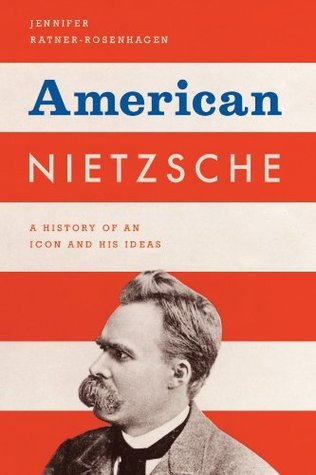Though Gladden’s view of Nietzsche as a Hebrew prophet was not unfamiliar to liberal Protestants, now, during the war, it ran counter to the growing perceptions of him as a prophet of German egotism, primitivism, and militarism. However, it exemplified the tendency among readers to comprehend the philosopher in terms familiar to the American moral imagination. Nietzsche’s transformation from a Polish aristocrat, to a modern-day Jesus, to a blood-and-iron imperialist testifies to the creative ways in which American interpreters naturalized his Übermensch into American thinking. Thus, while
...more
Welcome back. Just a moment while we sign you in to your Goodreads account.


